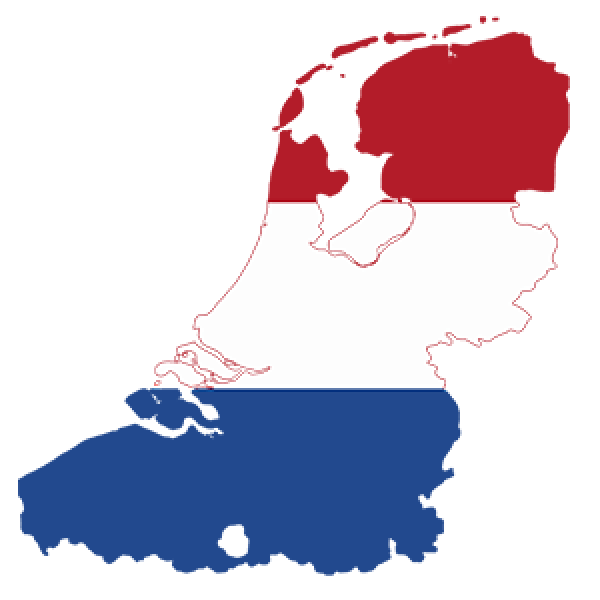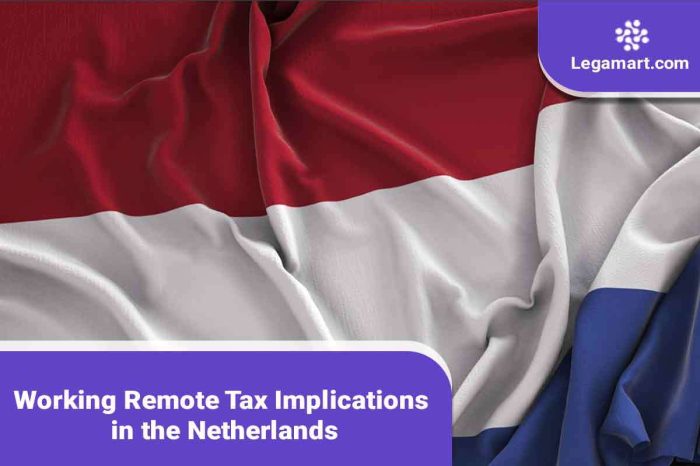Netherlands
We represent clients from all around the world in Netherlands every year. We see the globe as having no borders and are unafraid of language hurdles or time zones.


LegaMart Lawyers in Netherlands
Legal Industry in Netherlands

Articles about Law in Netherlands
Tell us more about your problem.
Please give a brief description about what it is you need to talk to our lawyers about ?
Most common legal demands in Netherlands
Legal Market Overview in the Netherlands
The highest-rated Legal employers hiring near you in Netherlands include Baker McKenzie with an employee rating of 4.0 out of 5, Allen & Overy rated 4.1 out of 5, DLA Piper with a rating of 4.0 out of 5, Clifford Chance with a 4.0 out of 5, and Dentons rated 3.8 out of 5 by employees.
The Legal Services in Netherlands industry is valued at €8.9bn and is ranked 5th in Europe in 2022 (of 27 total EU countries). The industry’s rank (5th) has remained the same since 2017.
The Legal Services in Netherlands industry is the 41st largest industry in Netherlands in 2022 (of 125 total industries that IBISWorld tracks). The industry’s rank (41st) has remained the same since 2017.
The market size, measured by revenue, of the Legal Services in Netherlands industry is €8.9bn in 2022.
The market size of the Legal Services in Netherlands industry has grown 4.3% per year on average between 2017 and 2022.
In 2016 there were 647 deals in the Netherlands for a total value of €84bn. Despite a slowdown ‒ to be expected after the record breaking years of 2014 and 2015 ‒ deal flow appears to reflect the ongoing confidence in the market.
Although recent elections and political changes all around the globe contribute to regulatory uncertainty that may affect the global M&A market, M&A has kept a steady pace in Netherlands.
The general trend is that Dutch financial buyers stick with Dutch companies. In 2016, of the 133 companies acquired by a Dutch financial buyer, almost 80% concerned a target company with the same nationality. And 46% of the exits were acquired locally, by a Dutch organization, according to KPMG.
The share of tech deals, in which the acquired entity is involved in software, computer services, hardware or semiconductors, as a percentage of total deals has steadily risen from 2009 onwards, both in Dutch and Global M&A market.
While we are writing these lines, BlackFin Capital Partners has entered into an agreement with Intrum Justitia to acquire 100% of the shares in Buckaroo BV, a company providing payment solutions, subscription services and credit management for merchants. The fund was advised by Kempen & Co, Loyens & Loeff, Regulation Partners and Ernst & Young.
Another notable deal ‒ in the automobile sector this time ‒ includes the acquisition of PitPoint, a fuel provider by Total group from Bencis Capital Partners

Research shows 51% of people in the Netherlands experienced a legal problem,70% of them knew where to access help and 41% resolved the problem.
The average duration of resolving the legal problem in the Netherlands is 6 months and also 49% experienced a hardship.

Frequently Asked Questions
What conditions must be met for employment in Holland?
The Law on Employment governs the employee-employer relationships in the country. International employees have to apply for work permits prior to their arrival in the Netherlands and a written contract for employment must be prepared and duly signed. It is up to the employer to decide whether to conclude a permanent or a temporary contract; this depends on the nature of the performed activities.
How are business disagreements settled in Holland?
The process is usually initiated with a claim filed by the plaintiff. You need the services of a lawyer to overlook the trial and to provide representation and advice with respect to infringement on intellectual property, contract breaches, etc.
Are there any special statutory requirements for international entrepreneurs planning investments in Holland?
Foreign investors have the same rights to start businesses as Dutch citizens. They have to get acquainted with the legislation relevant to business licences, investments and minimum capital requirements and to conduct lawful and legal business operations.
Are any special licences or permits necessary, if I open a company in Holland?
It depends on the nature of your business and activities. The business permit guarantees that you are allowed to trade, store and sell goods and services legally and to perform financial operations.
How are debts collected in Holland?
You can initiate a procedure for debt collection if a client has not paid due amounts for a long period. You can resort to extrajudicial procedures, e.g. a notification from your attorney, or bring up the case in court so that judicial matters are executed. In some cases the debtor has to declare bankruptcy. Our Dutch company can help you with both means mentioned above.
Do I need a Dutch visa to visit the Netherlands and, if so, how to obtain it?
EU nationals are free to enter Holland. Residents of countries outside the EU can visit Holland using a short-term Schengen Visa allowing them to stay for 90 days. For longer periods another type of visa is issued. You can apply for both types at the Dutch Embassy in your country of residence.
What is the procedure to become a citizen of Holland?
A person can acquire Dutch citizenship through business immigration, naturalization, option procedure or marriage. Children to Dutch parents are entitled to claim citizenship. Our agents can provide you with more details regarding the above-mentioned procedures and assist you to follow them.
Is it mandatory to have a business address in Holland?
Yes. Your company has to be registered locally. You can also open a representative office or a branch of your foreign company.
What are the requirements for divorce or marriage in Holland?
The country allows marriage of foreign couples. In case of divorce you can hire a specialized attorney to assist you with the proceedings.
What are the principles of taxation of companies and individuals in Holland?
The rate of the corporate tax is either 20 or 25%, depending on the annual profits. In addition, companies are liable for other taxes, e.g. tax on transfer or real estate. The income of individuals is taxed using a progressive system and the highest possible rate is 52%.
What are the necessary documents for opening a company in the Netherlands?
The main documents necessary to establish a business entity in the Netherlands are: i) a rental contract; ii) memorandum of association, and iii) association articles.
Is it possible to activate a company for international trade using a local company?
Yes. Many international traders set up Dutch companies, as incorporation in the country offers numerous advantages.
What is the procedure for brand and trademark registration?
The most widely used procedure is to first incorporate a company in the Netherlands and register your brand or trademark locally through it. There is also a possibility to do this without incorporating a company.
Are there any requirements for minimum capital in Holland?
No. Currently there are no requirements for minimum capital for private limited companies. Public companies have to declare a minimum capital of EUR 45 000.
What are the mandatory steps in the process of company incorporation in Holland?
- a) Filing the deeds of incorporation
- b) Submission of the association articles
- c) Tax registration
- d) Bank account opening
How long does the incorporation procedure take?
The procedure for company establishment in Holland can be completed in several days.
What types of companies can I incorporate in Holland?
The private limited liability company or BV is the most popular type of entity among international entrepreneurs. Other common types are the public limited liability company or NV and the Foundation or Stichting. You also have the option to register a sole proprietorship, a partnership or a cooperative.
Is it possible for a non-resident to register a Dutch company?
Yes. You can set up a business in Holland, regardless of your nationality. There are even procedures for remote company registration.





